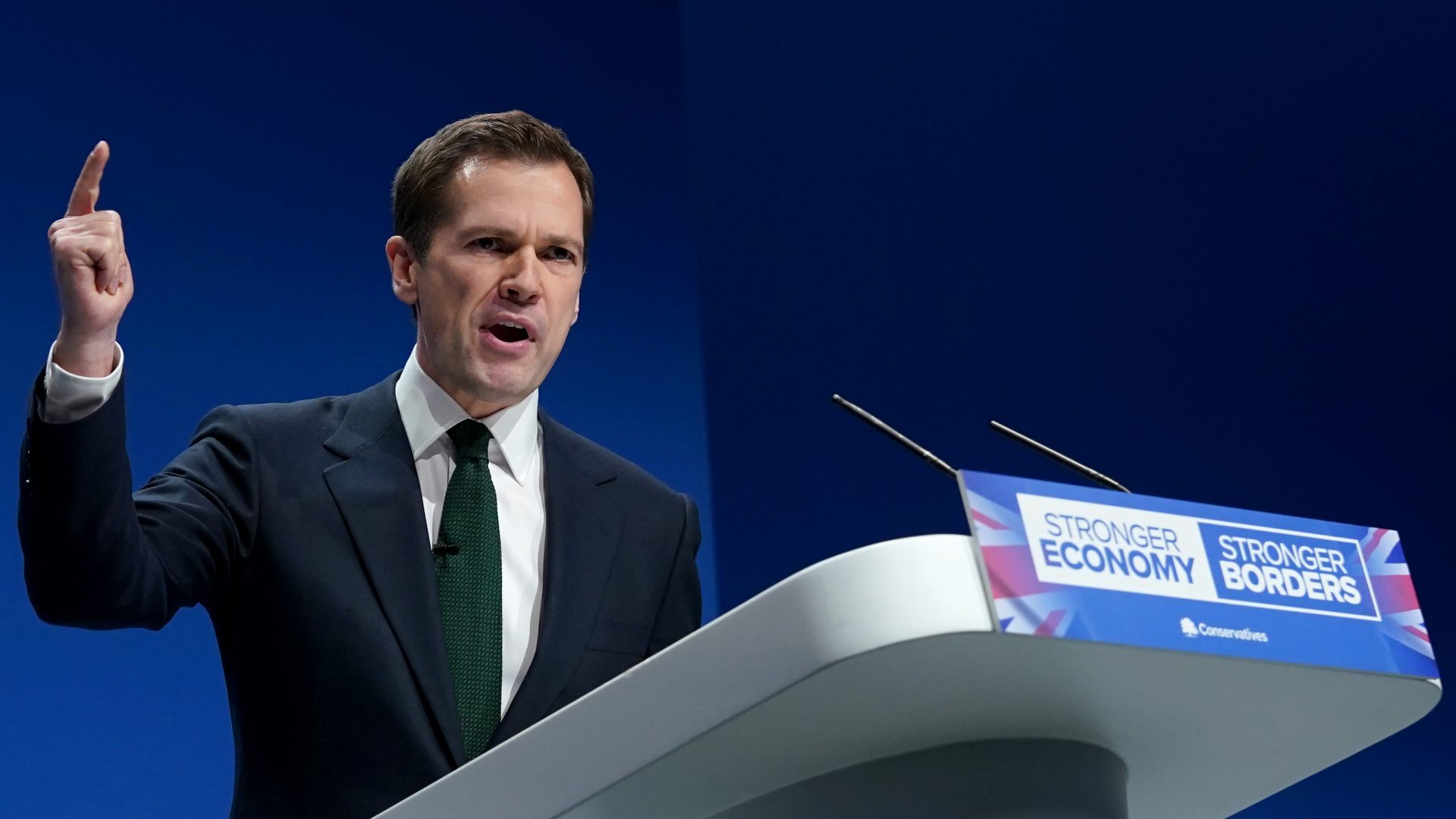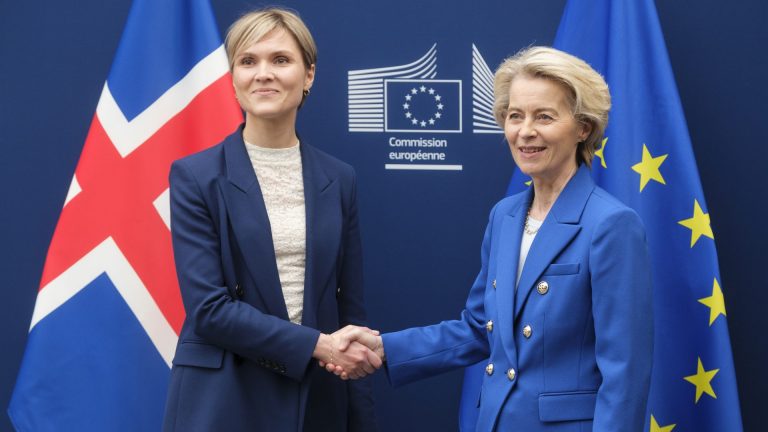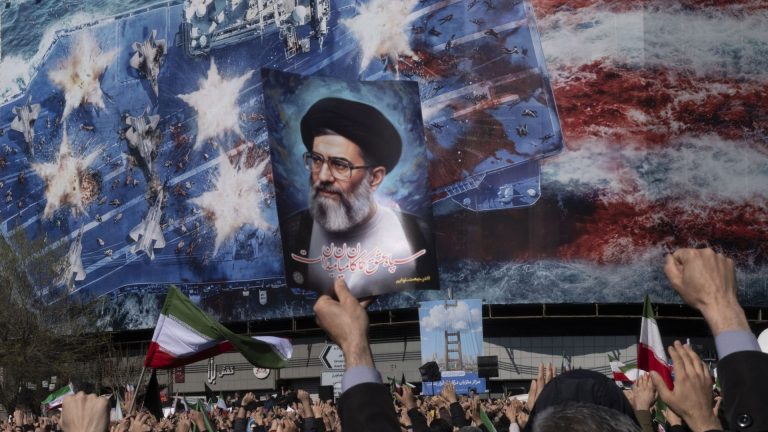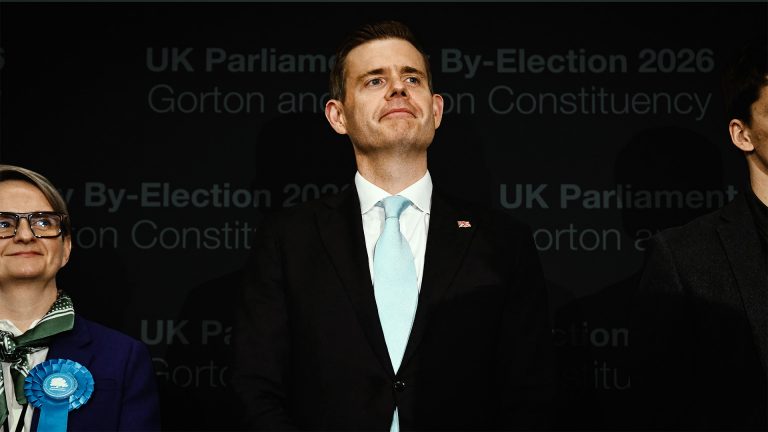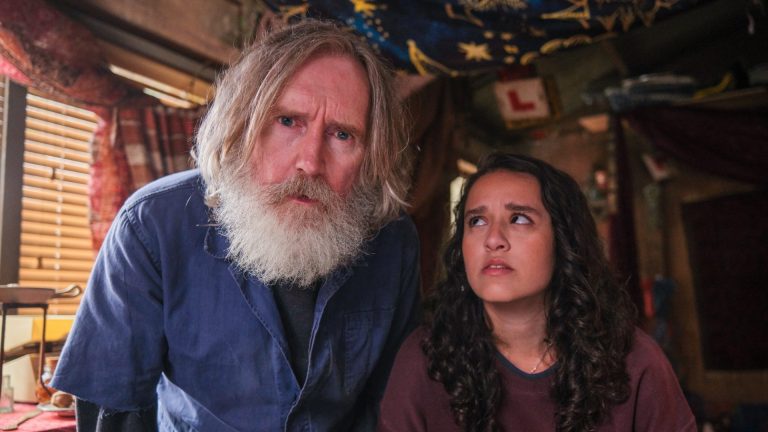In my school in inner city Birmingham, I was among only a handful of white kids. My best friend’s parents were Pakistani. My first kiss was with a girl whose parents were from Yemen.
I learned about religious festivals like Diwali and Eid less from school textbooks, and more from the stories my friends told me when they returned to school the next day. We grew up treating difference as something ordinary, even banal; we took it for granted.
In a leaked recording that emerged this week, the shadow justice secretary, Robert Jenrick, complained about the kind of experience I had as a schoolboy. He had been visiting Handsworth, an inner-city neighbourhood on the other side of Birmingham from where I grew up. Jenrick found the experience appalling.
“It was one of the worst integrated places I’ve ever been to”, Jenrick told an audience at the Aldridge-Brownhills Conservative Association dinner in March. In the 90 minutes he spent filming in Handsworth for GB News, Jenrick said, “I didn’t see another white face”.
He added: “That’s not the kind of country I want to live in. I want to live in a country where people are properly integrated.. That’s not the right way we want to live as a country.”
As I show in my recent book on the history of multicultural Britain, Jenrick’s comments are just the latest example of a decades-old political narrative that rests on one fundamental assumption: “non-white” faces are, for some people, less British, and more foreign, than white ones.
Jenrrick’s remarks were crudely offensive, but in the 1950s and ‘60s – when immigrants from Britain’s colonies and former colonies in the Caribbean, South Asia and elsewhere were attempting to put down roots in cities like Birmingham – the language was often even more explicit.
In 1964 in Smethwick, for example, a ten-minute drive from Handsworth, the Conservative candidate at the general election that year, Peter Griffiths, ran on a straightforwardly racist ticket. “If you desire a n***r for a neighbour, vote Labour”, Griffith’s election slogan went. “If you are already burdened with one, vote Tory”.
Four years later, Enoch Powell – a Conservative shadow cabinet minister who, like Jenrick, was seen as a potential Tory leadership contender – delivered his now notorious “Rivers of Blood” speech in a central Birmingham hotel.
Like Jenrick, Powell spoke of his shock at the growing diversity of his Wolverhampton constituency, where Jenrick would later grow up. Powell talked of British people having been made “strangers in their own country”, with women unable to get hospital beds during childbirth, children unable to gain school places, and “neighbourhoods changed beyond recognition”.
Powell likened Britain’s immigration policies to “a nation busily engaged in heaping up its own funeral pyre”. But it’s clear that, like Jenrick, his real problem was race.
The Irish, consistently the largest immigrant population in Britain, were not mentioned by Powell. Instead, Powell quoted the words of one of his constituents: “In this country in 15 or 20 years’ time the black man will have the whip hand over the white man.”
Powell was immediately sacked from the shadow cabinet by the then Conservative leader, Edward Heath. There was concern that he may have breached the newly established Race Relations Act, which made the incitement of racial hatred illegal.
It is highly unlikely that Jenrick will meet the same fate. Kemi Badenoch has defended Jenrick’s comments, while Jenrick himself has stood by them, claiming they were primarily a critique of what he saw as a lack of integration in Britain.
Suggested Reading


Robert Jenrick, the hollow man
Jenrick’s all-too-brief visit to Handsworth clearly meant he was blind to the remarkable diversity within “non white” communities, where far from a lack of integration there is in fact a head spinning range of religions and cultures living and working cheek by jowl.
Handsworth is indeed 90% black and minority ethnic. But within that population are people of African, Caribbean, Indian, Chinese, Pakistani and mixed heritage. The vast majority of residents are born in Britain.
Although South Asians represent the majority in Handsworth, there is of course significant diversity here, too, between Muslims, Sikhs, Hindus, and the growth of smaller religious denominations such as the Barelwi or Deobandi Islamic sects.
This diversity is not necessarily visible to outsiders, particularly when judged on an all too simplistic binary between white and non-white faces. But that doesn’t mean it’s not there.
There are undoubtedly major problems in areas like Handsworth. It is among the most deprived neighbourhoods in the country, severely affected by 15 years of austerity and a chronic lack of investment.
It’s another, all-too-familiar political sleight of hand to imply, as Jenerick came close to doing, that there is a link between a community’s economic problems and the ethnicity of the residents who happen to live there.
Whatever the anxieties it produces in figures like Jenrick, demographic trends show that Britain is only going to become more, not less, multicultural. In 2015, for example, 28% of all babies born in England and Wales had a foreign-born mother. By 2021, more than a third of the population of Britain had parents or grandparents born outside the UK.
Birmingham, like Leicester, is now a majority “ethnic minority” city, while people from mixed race backgrounds represent the fastest-growing ethnicity in the country. The pace of change is such that it won’t be long before we need a completely new language with which to talk about ethnic diversity.
My own childhood in Balsall Heath – an area of Birmingham just south of Handsworth which has a similar demographic make-up – was priceless. It not only gave me an intimate familiarity and comfort with difference that has served me well throughout my life. It also taught me that there is strength in diversity, and that respect for difference is an essential bedrock for durable community ties.
We have become desensitised to politicians from across the spectrum making disingenuous and dangerous comments on race and immigration. The failure to sack Jenrick tells its own story.
In this combustible climate, it would be refreshing to hear a senior politician make the case for the ties that bind us, and for what is becoming – both in Birmingham and across the country – the essential diversity of what it means to be British.
Kieran Connell is a historian at Queen’s University Belfast. His most recent book, Multicultural Britain: A People’s History(2024), has been shortlisted for the Wolfson History Prize.

